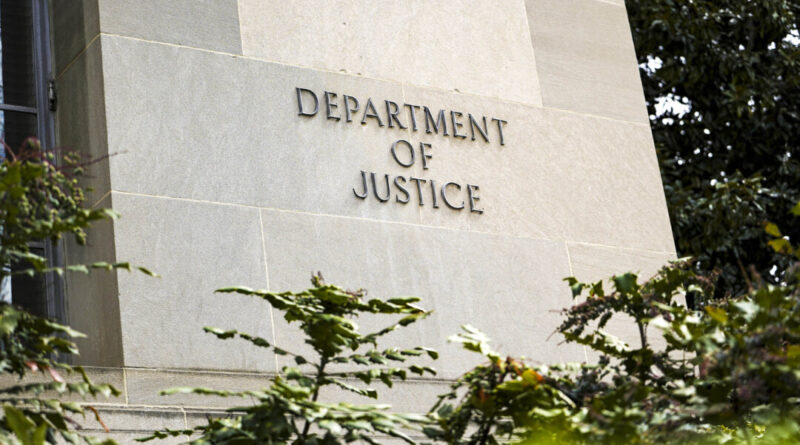Former US CEO Pleads Guilty to Shipping Goods to Sanctioned Chinese Entities
According to court documents, the company made more than 1,000 shipments of goods to Chinese entities accused of sending armored vehicles to North Korea.
The founder of a U.S.-based global logistics company pleaded guilty on Tuesday to knowingly shipping goods to sanctioned Chinese entities, the Department of Justice (DOJ) said.
A federal district court judge is considering Shih’s sentencing, which could be up to five years in federal prison, the DOJ said.
According to court documents, between September 2018 and May 2022, Shih’s company, which has branches in Texas and elsewhere in and out of the United States, facilitated more than 1,000 shipments of goods from the United States to the company’s Chinese business partner Seajet and its alter-ego Hisiang, while knowing the Chinese freight forwarding company and its co-owner Ma Yunong had been sanctioned by the Commerce Department.
During the period, Ma and his affiliated companies made a total of 34 payments to Shih’s company, which covered the latter’s operational costs and profit.
Under the rule, exporters have to apply for a license to ship goods if Seajet or Ma are involved, and the BIS’s license review policy regarding the entities is a “presumption of denial.”
In June 2021, the BIS added Seajet’s three aliases, including Hisiang, to its entity list.
According to charges filed by federal prosecutors, before Seajet and Ma were sanctioned, Shih’s company had already dealt with Ma’s companies for over a decade, during which time over 2,000 exports had been made to Seajet from December 2010 and April 2018.
In March 2018, around six months before the sanctions, Ma emailed Shih and others notifying them that Seajet would “start using a new company name for all international business i.e. Hisiang Logistics Company Limited,” adding that the company’s “address, structure, and policy etc” would remain unchanged.
In December 2018, three months after the sanctions, BIS officials visited Shih’s company’s New York City branch office to discuss the sanctions, and subsequently found that the company had used an account code assigned to Seajet in shipping to Hisiang.
Two years later, a no association list that the company’s Texan branch gave BIS officials still didn’t include Ma, Seajet, or Hisiang, the document says.
The prosecutors further said that a long-term employee of Shih’s company had emailed the company’s team leaders in March 2021, telling them not to put Seajet or Hisiang on record in relation to the company’s shipments.
Chinese companies have long been accused of providing weapons or dual-use goods to sanctioned regimes.
Beijing has repeatedly denied that Chinese entities have supplied Russia with weapons for use in Ukraine, saying it remains neutral.
Also in October, the Department sanctioned six Chinese firms for acquiring U.S.-origin items to support Beijing’s military modernization, attempting to delay and evade end-use checks, and procuring U.S.-origin items for Iran’s weapons of mass destruction and drone programs.
The Epoch Times reached out to the Chinese embassy for comment.





